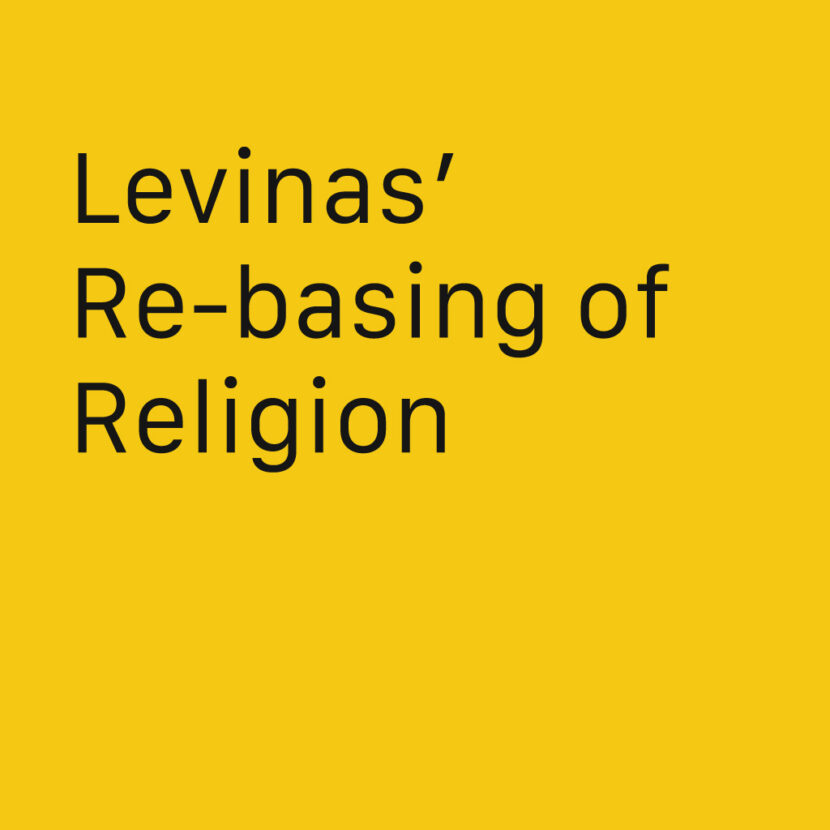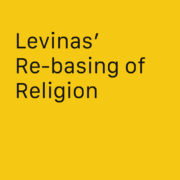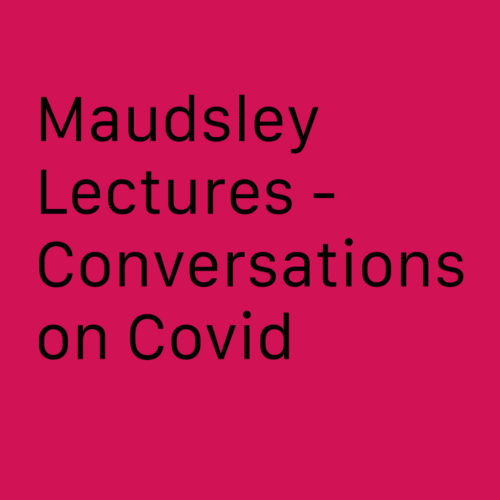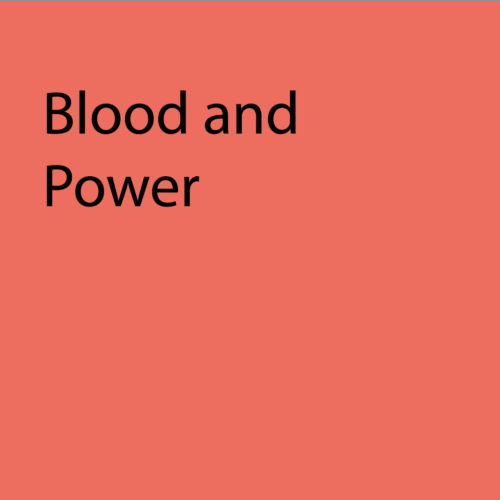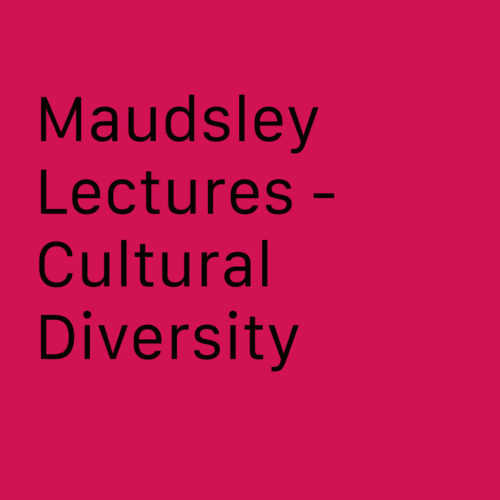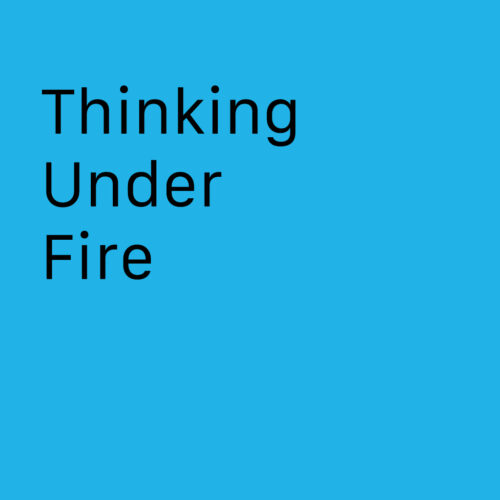Description
The philosopher Emmanuel Levinas described his understanding of religion in one of his main works, Totality and Infinity (1961). In this paper I attempt to understand his account and to compare it with Freud’s picture of religion in The Future of an Illusion (1927). Freud’s account, like that of most subsequent psychoanalytic theorists, emphasises the role of religious objects; these are notably absent from Levinas’s account. The paper goes on to consider the significance of this absence. It suggests that Levinas’s account opens up a way to perceive the true importance religions may have, in the life of the individual and in society more widely, which is hard to recognise, and may indeed be obscured, when the emphasis is on their objects.
David M. Black is a Scottish writer and retired Fellow of the British Psychoanalytic Society. He edited Psychoanalysis and Religion in the 21st Century: Competitors or Collaborators? (2006) and is author of Psychoanalysis and Ethics: The Necessity of Perspective (2024), both in Routledge New Library of Psychoanalysis. He has published seven collections of poetry, most recently Claiming Kindred (Arc 2011) and The Arrow Maker (Arc 2017). His translation and commentary on Dante’s Purgatorio (NYRB Clasics) won the American National Translation Award in Poetry, 2022.
Michael Parsons is a Training Analyst of the British Psychoanalytical Society and a member of the French Psychoanalytic Association. With more than thirty years of experience in his field, he teaches and lectures all over the world. He is the author of The Dove that Returns, The Dove that Vanishes: Paradox and Creativity in Psychoanalysis (Routledge, 2000).
